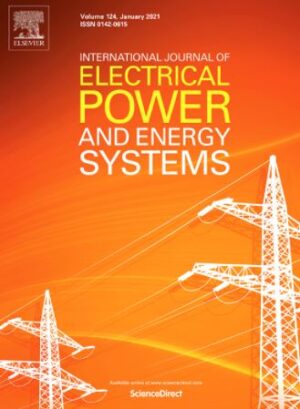
Supply-demand price decoupling in European-type day-ahead electricity markets
Anita Varga – Botond Feczkó – Marianna E.-Nagy – Dávid Csercsik
Publications / Journal Articles / International Journal Articles

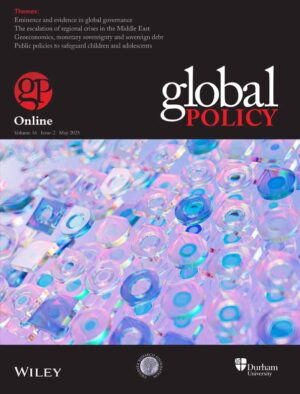
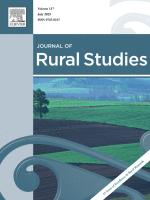
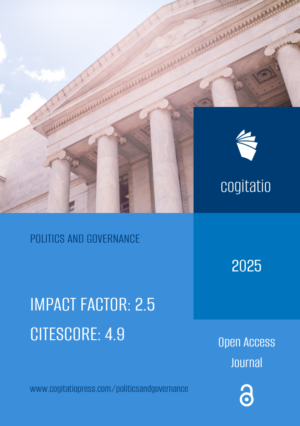
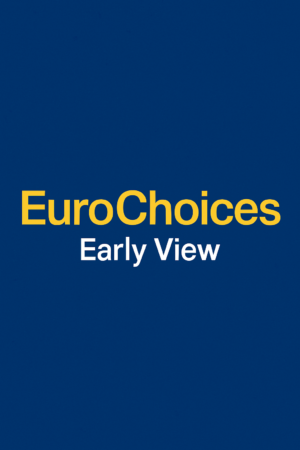
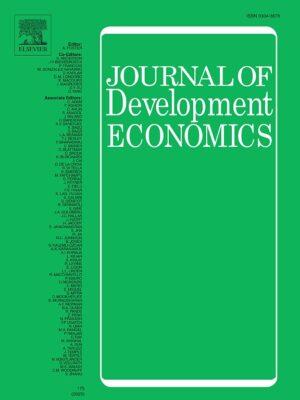
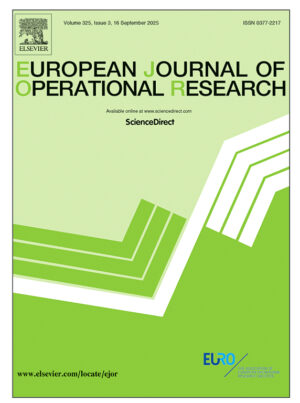
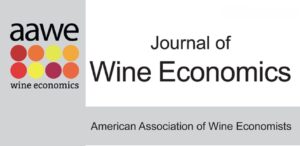

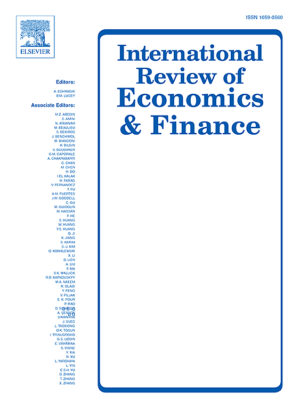
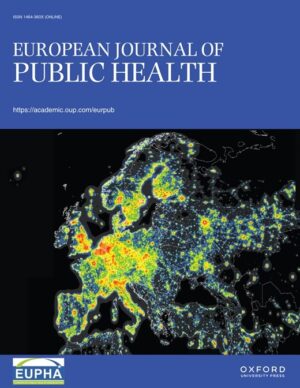
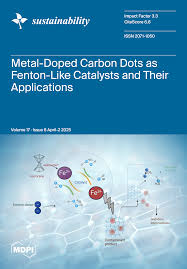
HUN-REN CERS – Institute of Economics
| Address: | 1097 Budapest Tóth Kálmán u. 4. |
| Phone: | (+36-1) 224 6700 |
| E-mail: | kti.titkarsag@krtk.hun-ren.hu |
| Web: | www.kti.krtk.hu |